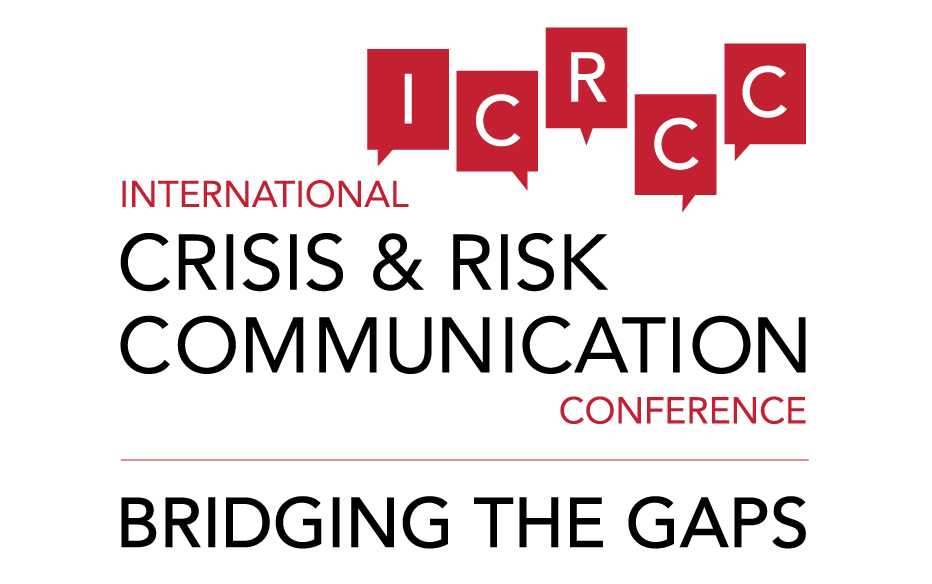
Executive Director
Frasier Institute for Health and Risk Analytics; XCH, LLC (Kenya)
United States
Carl is a founding partner and Executive Director of the Fraser Institute for Health Risk and Analytics, a Princeton, New Jersey and London based think tank. Frasers’ clients include federal and state government agencies as well as global reinsurers and private sector companies. Their work focuses on emerging trends in risk, uncertainty, market dynamics and innovation.
Carl is the former Executive Director of the National Center for Disaster Medical Response. As Director he established the Advanced Regional Training Center which to date has trained over 10,000 healthcare professionals to deal with pandemics and natural disasters. The Center also became a leader in using simulation and predictive modeling to assess pandemic threats and medical surge capacity. He led the development of AIMS the incident management system for disaster response now used in over 1,000 healthcare facilities. He was a member of the New Zealand Health Challenge, a broadband ambassador to the Internet Innovation Alliance in Washington and an advisor to the European Union funded SAVE ME project. He twice won Health Innovator of the Year Awards for his work in patient centric health care. In his spare time he works with a Kenyan development team and other for profit and not for profit organizations creating light weight easily deployable tools for use in Sub –Saharan Africa.
Carl has provided testimony and guidance to committees of the United States Senate, House of Representatives, the Institute of Medicine, the World Bank Understanding Risk forum and the World Banks’ Middle East and North Africa Resilience conferences. His topics include the future of pandemics, extreme risk and un-natural disaster response. The United States Senate, and the Governor of Louisiana commended him for his work during Hurricane Katrina. He also served as a subject matter expert for the HHS Office of the National Coordinator for Health Information Technology in the area of end point security.
He has published several peer reviewed articles on the role of technology for managing surge capacity in disasters and is the author of several chapters on medical disaster response including in the recently released and best selling book entitled Getting It Done. He is a frequent blogger for the healthcare collaboration blog on the topic of data and informatics.
He holds an undergraduate degree from Marshall University and a Juris Doctor from the University of Miami. He is also an associate member of the Society of Actuaries and a fellow at the Royal Society of Medicine in London.
2015
Keep the Change
Session Objective: Highlight demonstrable best practices in health risk communication.
Challenge and Background Summary: In disasters, particularly those involving highly infectious diseases, crisis leaders are faced with conflicting agendas, muddled and often wrong information, a suspicious public, poorly developed “expert” opinion, and a virus that will chart its own course perhaps more effectively than attempts to manage its growth and spread. Recently in Florida, we saw a leading health official pronounce with confidence the Ebola readiness of Florida’s’ hospitals to manage an Ebola outbreak. Those working on the ground in those hospitals disagree strongly with that statement. At work behind the scenes is attempt to use “scarecrows” to create confidence, protect the economy, reduce the over exaggerated Ebola threat during the election cycle and marginalize the risk. The problem with the “scarecrow” strategy of preparedness is losing public and business confidence when “it” happens and events occur that lay bare the missteps of public health officials, political leaders and caregivers. Is there a better approach? This session will examine a suggestion that there is a better approach, and with data and clarity and communication you can do better and change the flawed current approach to health risk communication.
2012
Presentation: Surging Trust
2011
Panel: Social Media in Public Health Crises and Disasters
Panel moderated by Jeffery Robertson with panelists Jay Bernhardt and Carl Taylor.


